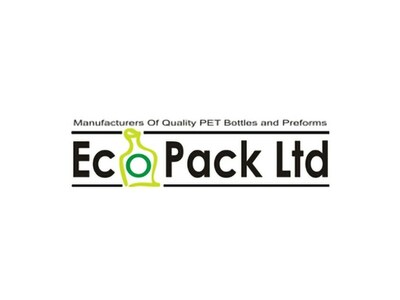Ecopack to Establish Solar Power Facility
Ecopack Limited, a publicly traded entity specializing in the production and distribution of Polyethylene Terephthalate (PET) bottles and preforms, has revealed intentions to construct a 2.03-megawatt (MW) solar power generation unit at its facility, marking a substantial move toward embracing environmentally friendly energy alternatives.
The company officially communicated to the Pakistan Stock Exchange (PSX) this Monday that its Board of Directors had sanctioned capital expenditure (CAPEX) for procuring 3.63 acres of land and setting up the solar power project. This endeavor emphasizes Ecopack’s dedication to diminishing its ecological impact and lowering operational energy expenses through the incorporation of renewable energy.
The company’s official statement read, “In accordance with Section 96 of the Securities Act, 2015 and Clause 5.6.1(a) of PSX Regulations, the Board has given the go-ahead for the CAPEX regarding the acquisition of land spanning 3.63 acres and the installation of a 2.03 MW solar power generation facility.”
As a limited liability company incorporated in Pakistan, Ecopack Limited primarily serves the beverage and liquid packaging sector and has progressively focused on sustainable methods as an integral aspect of its operational blueprint. This advancement is part of a wider transition towards clean energy within Pakistan, where solar power adoption has seen considerable growth in recent years.
Despite being a developing nation encountering considerable fiscal and energy challenges, Pakistan has quietly become recognized as one of the world’s rapidly expanding solar markets. The Pakistan Economic Survey 2024-25 indicates that the nation’s net-metering capacity increased to 2,813 MW by March 31, 2025, demonstrating a notable surge in solar installations for both industrial and residential applications.
Simultaneously, this swift acceptance has led the federal government to reassess its policy structure for the solar energy domain. For the fiscal budget of 2025-26, Finance Minister Muhammad Aurangzeb suggested an 18 percent sales levy on imported solar panels — a measure intended to bolster domestic production. However, after discussions with industry participants, the government adjusted the General Sales Tax (GST) rate downwards to 10 percent.
Industry authorities suggest that efforts such as Ecopack’s solar initiative not only highlight corporate accountability but also indicate the increasing maturity of Pakistan’s renewable energy industry, as companies progressively seek energy independence and efficient operations amidst unpredictable fuel costs and frequent power disruptions.



Comments (0)
No comments yet. Be the first to comment!
Leave a Comment